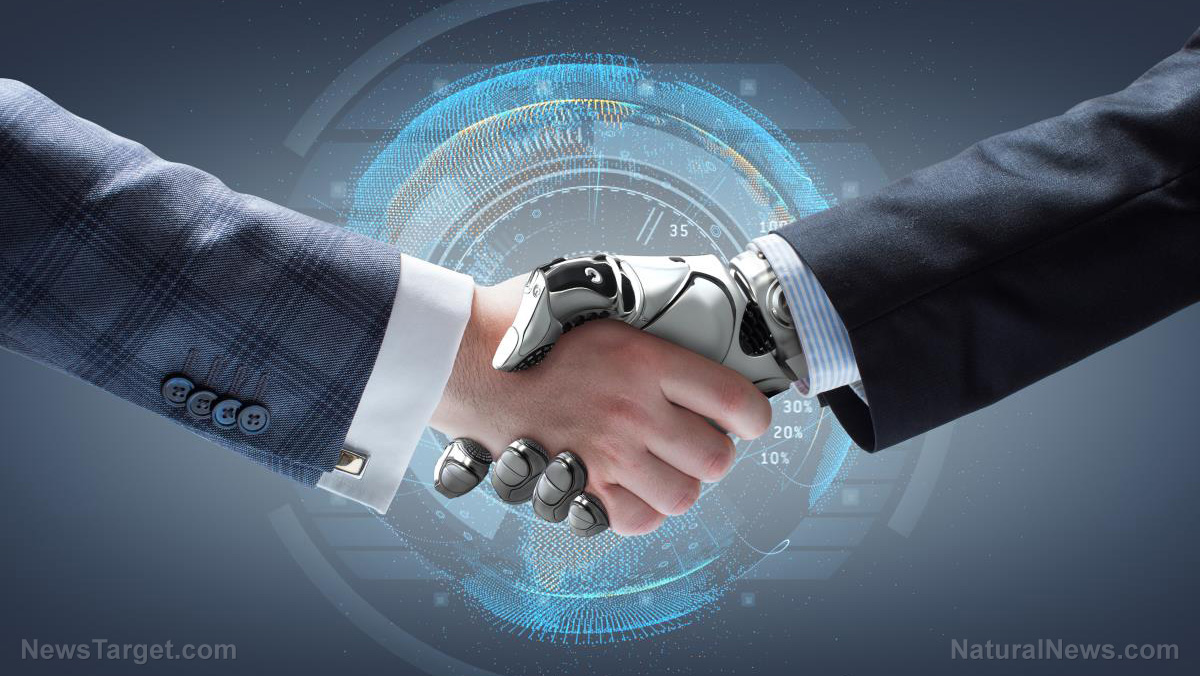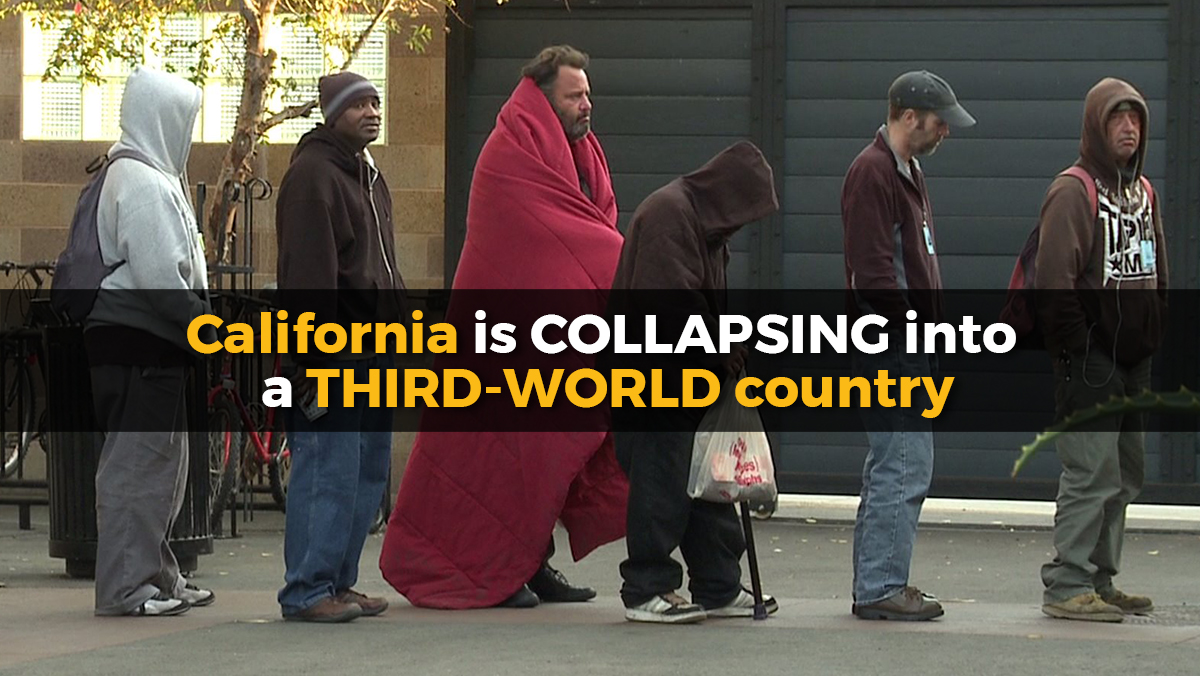Robot recession: Will the rise of automation force 57 MILLION American workers out of their jobs?
07/11/2017 / By Russel Davis

A recent analysis by the accounting and consulting firm PwC revealed that recent technological advances and their increased adoption may well put 38 percent of all jobs in the U.S. at high risk of automation. According to the researchers, this equates to about four in 10 human jobs being replaced by robots. The analysis also showed that the trend may lead to the potential unemployment of about 57 million Americans. This is a far cry from the total job losses during the Great Depression of the 1930s, when one in five U.S. residents were unemployed, the researchers noted.
The report showed that the country’s automation adoption may greatly affect the transportation, financial, retail and hospitality industries. The research team also noted that the projected rate for U.S. job losses far exceeds that of other progressive nations. According to an article posted on the Los Angeles Times website, the number of jobs at risk of automation is only 30 percent in the U.K., 35 percent in Germany and 21 percent in Japan. The reason for the looming job loss is not due to having more jobs in sectors ripe for automation, but having more jobs in sectors that were potentially vulnerable to automation, the researchers said.
Previous studies project automation’s effects on human workforce
The recent report was reflective of previous estimates on the adverse effects of automation on the human workforce. In fact, a report by investment advisory firm Cornerstone Capital Group showed that almost 50 percent of all retail workers in the U.S. may experience job insecurity as automation technology continues to become more prevalent across the country. According to the 56-page report, 16 million Americans work in the retail industry, which equates to about one in 10 U.S. employees. However, the researchers noted that automation may displace roughly six to 7.5 million retail workers in the coming years, putting them at risk of becoming stranded workers.
Support our mission and enhance your own self-reliance: The laboratory-verified Organic Emergency Survival Bucket provides certified organic, high-nutrition storable food for emergency preparedness. Completely free of corn syrup, MSG, GMOs and other food toxins. Ultra-clean solution for years of food security. Learn more at the Health Ranger Store.
“This in-depth examination of retail automation gives investors insights as they consider investment risks and opportunities. While the findings are important to investors, they should sound the alarm for economists and political leaders. The shrinking of retail jobs in many ways threatens to mirror the decline in manufacturing in the U.S. Moreover, in this case, workers at risk are already disproportionately working poor, so any disruption may cause strains in the social safety net and stresses on local tax revenues,” Jon Lukomnik said on BusinessInsider.com.
Another report carried out by the National Bureau of Economic Research revealed that automation adoption has resulted in the elimination of more than six jobs in the human workforce for every robot introduced. According to the report, robots accounted for the loss of up to 670,000 manufacturing jobs between 1990 and 2007. Researchers said this rate may worsen as more companies use robots to bolster production.
“We are approaching a time when machines will be able to outperform humans at almost any task. I believe that society needs to confront this question before it is upon us. I do believe that, by 2045, machines will be able to do a very significant fraction of the work a man can do. The following question, therefore, seems to be of paramount importance: if machines are capable of doing almost any work humans can do, what will humans do?” computational engineering expert Moshe Vardi asked during last year’s meeting of the American Association for the Advancement of Science.
Sources include:
Tagged Under: articifial intelligence, economy, employment, job displacement, robotics
RECENT NEWS & ARTICLES
COPYRIGHT © 2017 COLLAPSE.NEWS
All content posted on this site is protected under Free Speech. Collapse.news is not responsible for content written by contributing authors. The information on this site is provided for educational and entertainment purposes only. It is not intended as a substitute for professional advice of any kind. Collapse.news assumes no responsibility for the use or misuse of this material. All trademarks, registered trademarks and service marks mentioned on this site are the property of their respective owners.




















